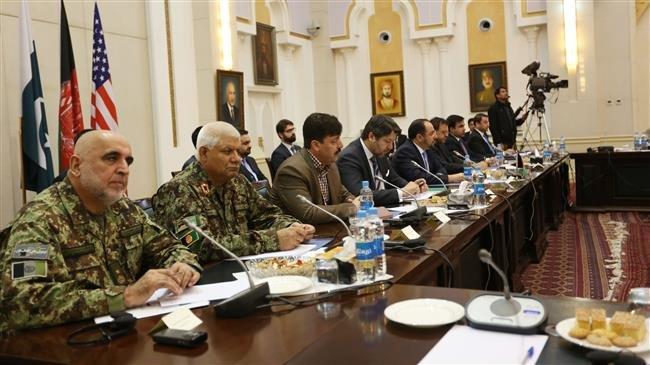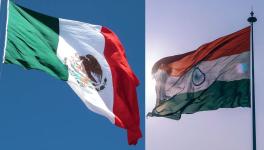The Afghan Quagmire and Iran’s Alternative Perspective

Image Courtesy: presstv.com
The cancellation of the latest round of talks between the Taliban and the US that was scheduled to be held in Doha on January 9 points to the complicated path ahead for all the players in the region. The talks were thrown into chaos after the Taliban opposed the inclusion of the Afghan government in the process. The discussions had gained further importance after reports of the US deciding to withdraw nearly 7,000 troops from the region.
The discussions and the complications around them most likely factored in the discussions between visiting Iranian Foreign Minister Javad Zarif and his Indian interlocutors. Iran and India both are key stakeholders in Afghanistan but while Indian policy has been mired in uncertainty, Iran recently held a round of talks with the Taliban.
On the face of it, the policy seems counter-intuitive. After all, just two decades ago, 10 Iranian diplomats and a journalist were brutally murdered shortly after the Taliban took control of the city of Mazar-i-Sharif. The Taliban was also responsible for the massacre of thousands of Hazara Shias during in the late 90s. But Iranian engagement is based on a ‘post-west’ understanding - the idea that the west, especially the US, should not be the deciding factor in everything that happens in the region. Iranian sources note that the security of one country in the region cannot be at the cost of the insecurity of the other. It has also taken a realistic perspective that the Taliban cannot currently being ignored as it controls nearly 50% of the country. Iranian sources have also expressed willingness to use their contacts with the Taliban to aid India, or for that matter Pakistan, in line with the attempt to ensure better cooperation and understanding among countries in the region. Thus, contrary to reports, Iran’s engagement with the Taliban is neither a sudden development nor cloak-and-dagger stuff but is rooted in a larger perspective on the region.
Incidentally, the same approach seems to drive Iran’s policies in Syria as well, with its emphasis on the Astana talks being a prime example. These talks have replaced the US-led process as the most significant international engagement on Syria.
The pursuit of a shared understanding between the countries of the region, especially on the Afghan issue, is something China considers important as well. Iranian sources, however, note that those countries which continue to see the west and the US as their best hope for security and power, have worked in the opposite direction, often at odds with each other. Today, the Afghan issue has become a battleground between Saudi Arabia and the UAE on one hand and Qatar on the other, with the US and Pakistan adding further complication to the mix.
These conflicts stem from a desire to emerge as the most significant player in the region, and hence, the main beneficiary of US aid and support. They only serve to substantiate Iran’s argument about the need for a post-west view of the region. For India, whose policy on Afghanistan has often remained a zero-sum game, inseparable from its perceptions on Pakistani threats, Iran’s views on these issues can provide a different way of approaching relations with its neighbours.
Get the latest reports & analysis with people's perspective on Protests, movements & deep analytical videos, discussions of the current affairs in your Telegram app. Subscribe to NewsClick's Telegram channel & get Real-Time updates on stories, as they get published on our website.
























